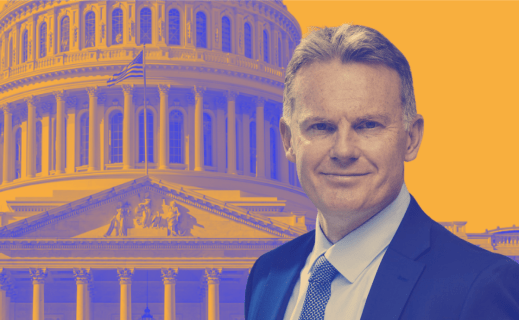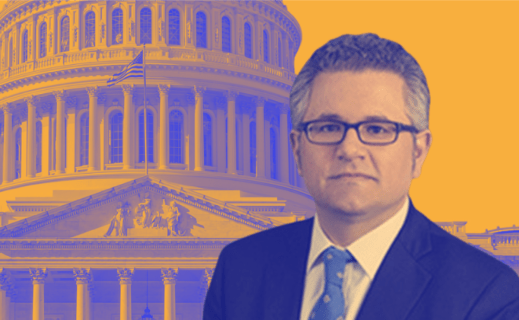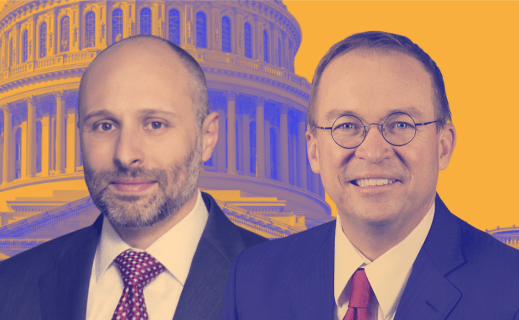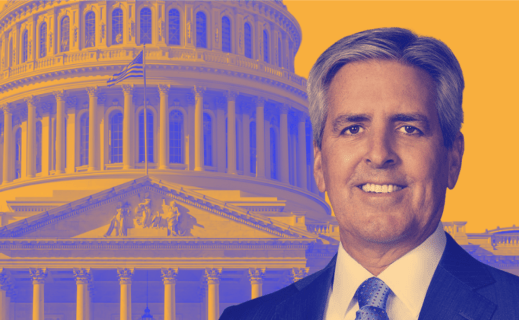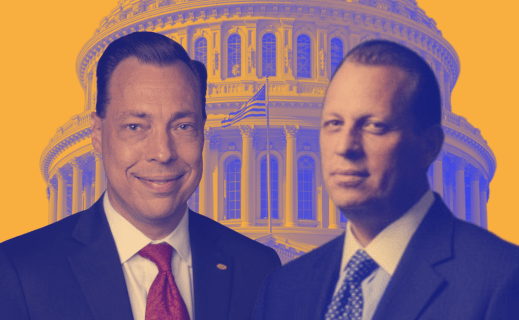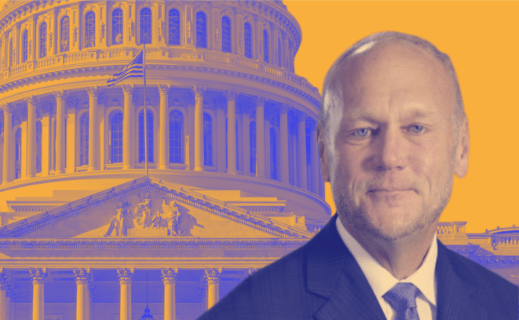On the Hill Episode 7: Jim Parrott, Former White House Advisor on Housing
In this episode of On the Hill, Tim Rood, SitusAMC Head of Industry Relations, speaks with Jim Parrott, nonresident fellow at the Urban Institute and owner of Parrott Ryan Advisors, which provides strategic advice on housing finance issues.
Parrott served as a senior advisor at the National Economic Council (NEC) in the Obama White House. He led the team of advisers charged with counseling the cabinet and president on housing issues during one of the most tumultuous times in the history of housing policy, helping them navigate through the collapse of the housing market and the early days of GSE reform. Prior to that Parrott was counsel to Secretary Shaun Donovan at the Department of Housing and Urban Development and a litigator with Sullivan and Cromwell in New York.
Rood and Parrott discuss the direction the Biden administration is likely to take on housing policy (the podcast was recorded prior to release of the Biden plan but turned out to be spot on), strategies to overcome the nation’s thorny housing supply shortage, and the federal foreclosure and eviction moratoriums.
Parrott also ties the issues policymakers are struggling with today to the lessons learned from the Great Financial Crisis. “Policymakers on both sides of the aisle this time around are prioritizing speed and scale,” he said, making programs simpler and more flexible to get relief out sooner and at scale. “We just weren’t in a position to do that in 2009 and 2010. The politics were so tricky and so prohibitive.”
Trickier still were the politics around the government-sponsored enterprises (GSEs), Fannie Mae and Freddie Mac. Parrott reminds us just how different the policymaking environment was then. “Now we almost take for granted the importance of the backstop; it was really far from being taken for granted at that moment,” Parrott said. “There was just this almost cavalier dismissal of need for the government in the space, and the suspicion that there was something inherently distorting about the role of the government in the market that was to blame for everything we were digging out from under in 2009 and 2010.” Only with that background can one make sense of the early days of GSE reform.

